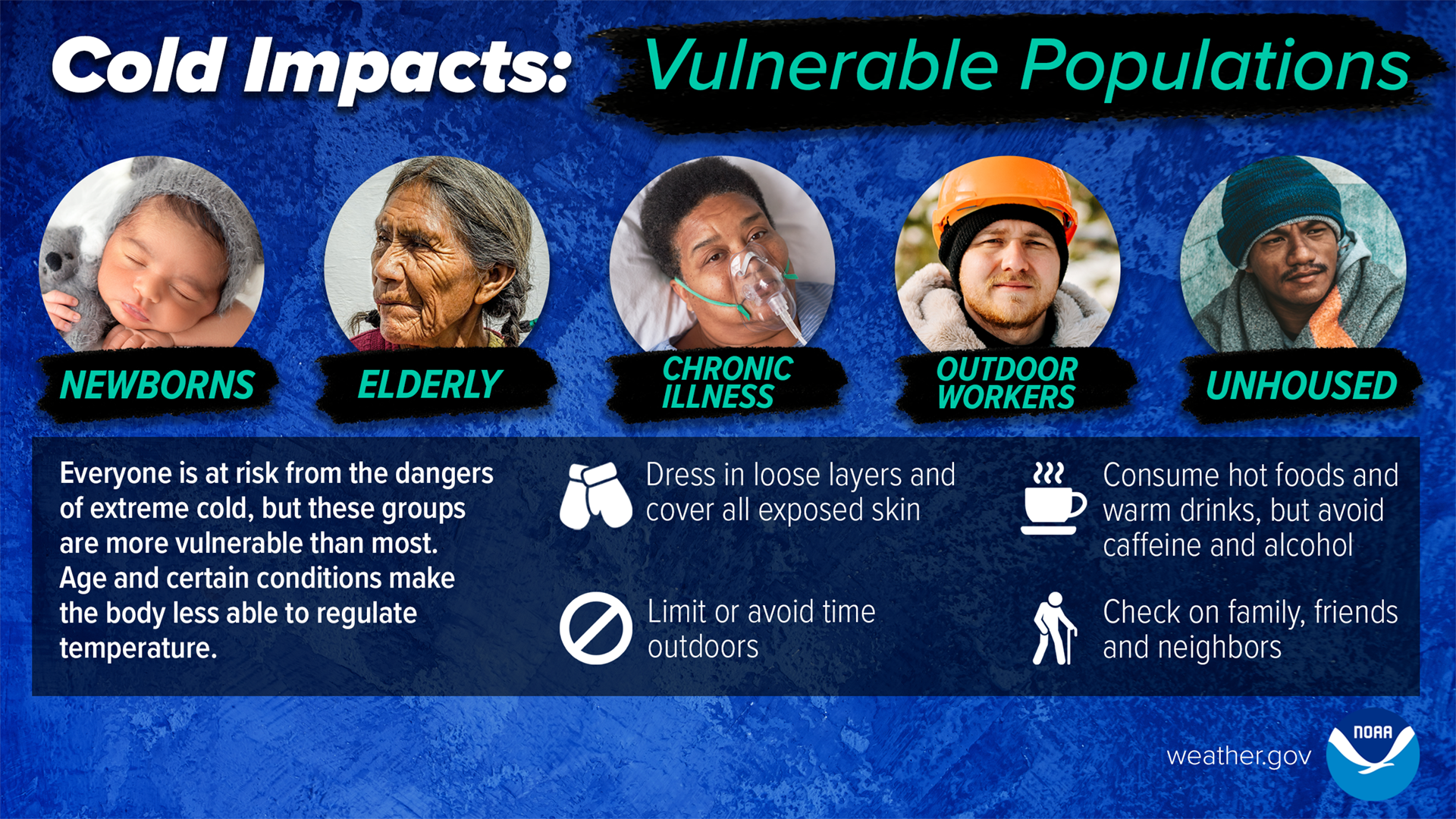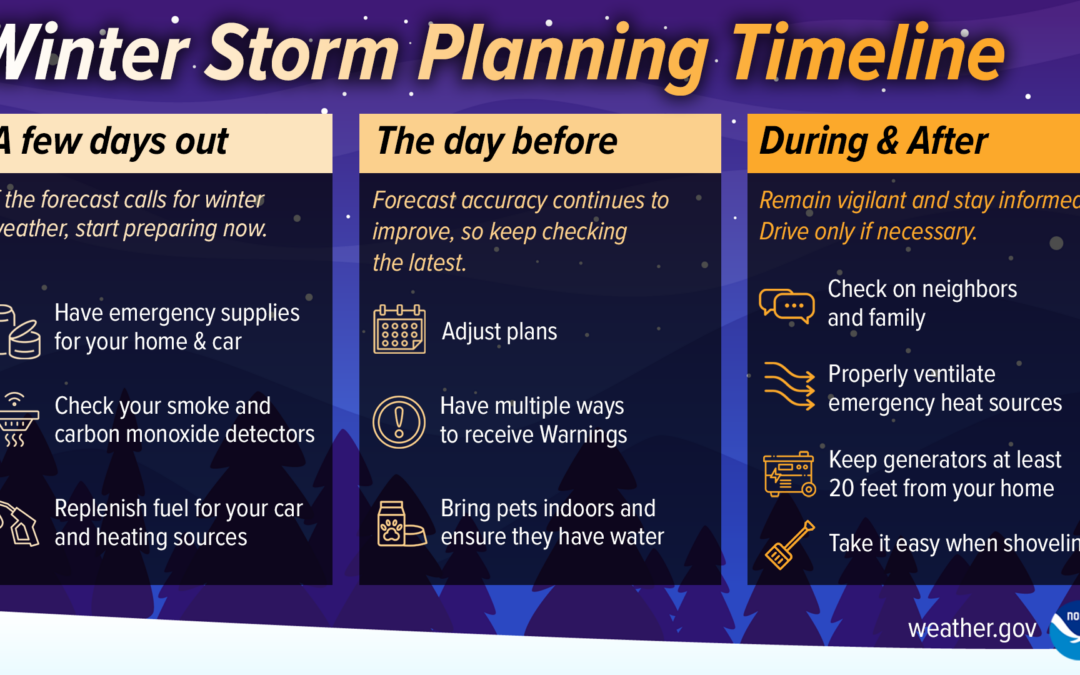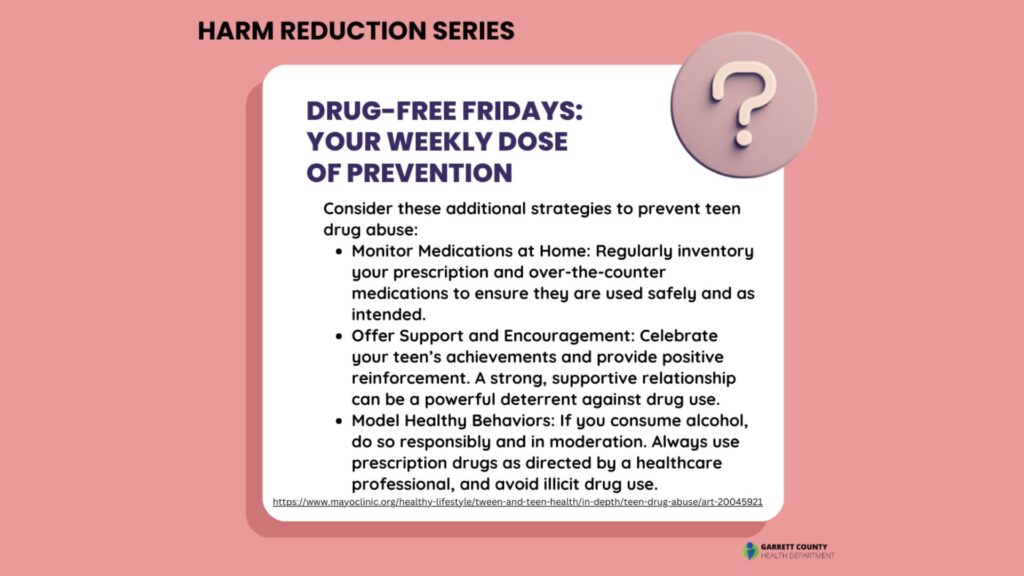Frigid temperatures bring with them serious health concerns such as hypothermia and frostbite, especially in young children, older adults, and those who work outdoors.
Temperatures are expected to drop to the frigid single digits next week, bringing with them serious health concerns.
The Garrett County Health Department reminds Garrett County residents to take the necessary precautions and offers cold-weather tips to help keep families safe during the forecasted plunge in temperatures.
GCHD offers these cold weather safety tips:
- Wear several light layers with a waterproof outer layer and a hat. The head is a large source of heat loss for our bodies. Ears, fingertips, and noses are also extremely susceptible to frostbite.
- If you must be outside, limit your exposure to the cold by limiting your exposure to times when the sun is at its strongest.
- Know your limitations. Don’t overexert yourself and don’t be afraid to ask for help.
- Check on the elderly.
Anyone who suspects symptoms of hypothermia or frostbite should remove themselves from the elements and seek medical attention immediately.
Stages of Hypothermia
When body temperatures drop below normal (around 98.6 degrees F), the body reacts by shivering, a series of small muscle contractions that use energy (calories) to create heat. “Goosebumps” form, raising body hair on end in an attempt to create a layer of insulation around the body. Usually, this returns the body temperature to normal. Shivering is the body’s normal reaction to minor heat loss. If the loss of body heat continues and body temperatures drop below 95°F, shivering will become more violent and muscle coordination will become clumsy as movement and speech begin to slow, even though the person may appear alert. Lips, earlobes, fingertips, and toes may become blue as vessels contract to bring warmth to vital internal organs.
Left untreated, hypothermia becomes severe and could possibly result in death when body temperature drops below 86°F. Victims may experience lethargy, unconsciousness, seizures, and even cardiac arrest.
Frostbite
Frostbite is frozen body tissue. It usually involves just the skin, however, it can go deeper and must be handled very carefully in order to prevent permanent tissue damage or loss.
Frostbite can be prevented by dressing in layers, staying aware of surroundings, and going indoors at regular intervals. Frostbite is a true emergency and must be treated in an emergency department.

Preguntas? Llámenos al 301-334-7770 para servicios de traducción.
Accessibility assistance available at 301-334-7770.
Shared by Lori Peck, BS, MT, Public Health Emergency Planner
- 360 Access Hub (Also Known as the Garrett County Food Bank Project) Takes Another Step Forward With Help From Community Works Garrett County! - June 6, 2025
- Garrett County Enhances Stakeholder Access to Advanced Mapping Tools and Public Property Records Through a Strategic Collaboration Between the Health Department and Garrett County Government - June 6, 2025
- Upcoming Meeting Announced: Workgroup on Child and Adolescent Health - June 6, 2025









